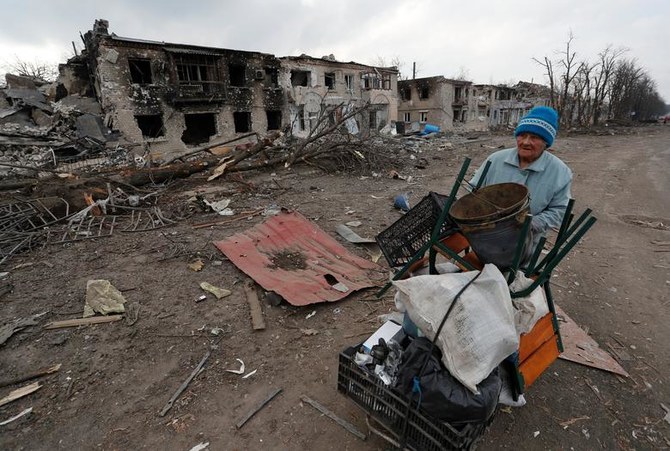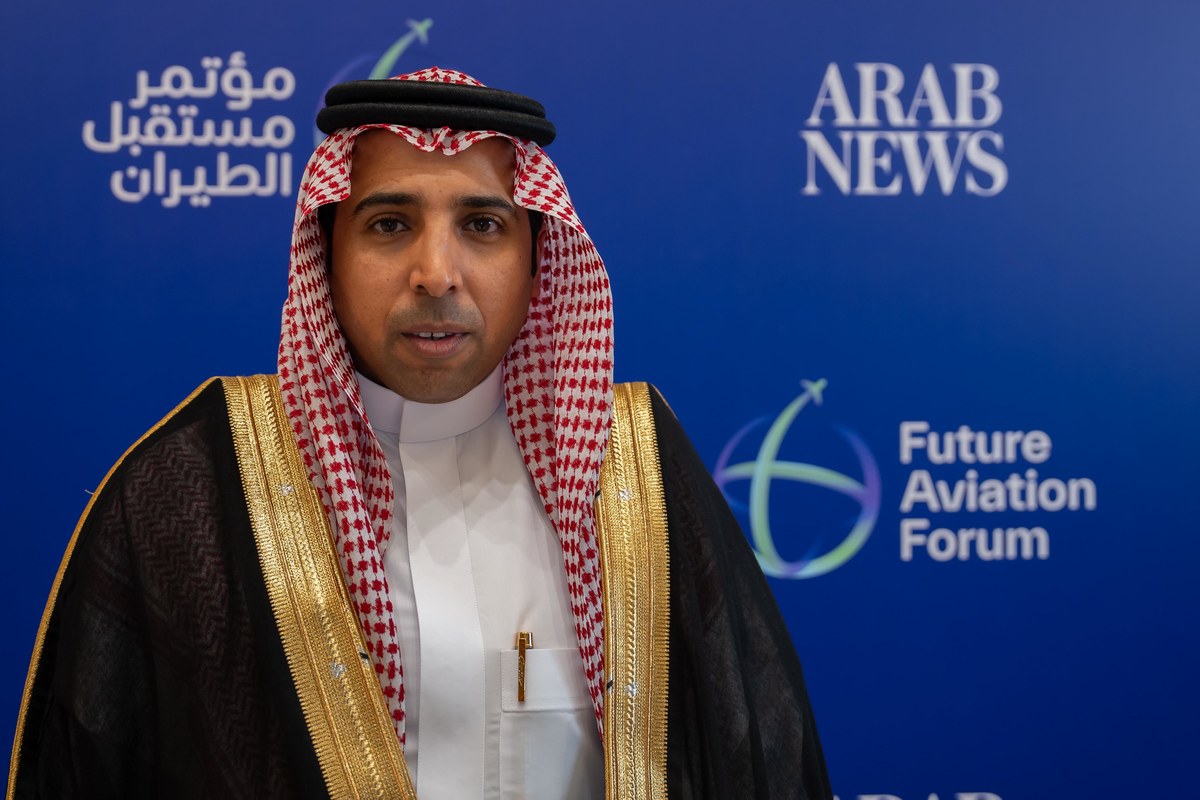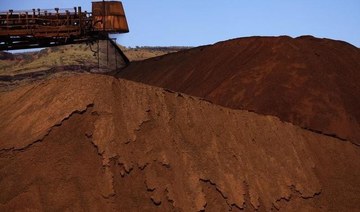RIYADH: The ongoing war on Ukraine has so far cost the country $564.9 billion in terms of damage to infrastructure and lost economic growth, according to the country’s economy minister.
Yulia Svyrydenko reportedly said the fighting had damaged or destroyed 8,000 km (4,970 miles) of roads and 10 million square meters of housing.
The impact of the war can be felt across the globe particularly in the European countries. The disturbance has led many countries such as Belgium to forecast their growth forecasts.
Belgium’s central bank has cut its growth forecasts in 2022 and 2023 due to the impact on consumer spending and trade from Russia’s invasion of Ukraine.
The bank now estimates 2022 growth at 2.4 percent, down from a previous forecast of 2.6 percent. For 2023, its forecast has fallen to 1.5 percent from 2.4 percent and for 2024 risen to 1.9 percent from 1.6 percent.
Spain’s 2021 deficit
Spain’s final 2021 budget deficit will be narrower than expected, Budget Minister Maria Jesus Montero told La Sexta television network on Monday.
Spain is due to release the full-year 2021 deficit figure on Thursday. The government’s original official target was for a deficit equivalent to 8.4 percent of the gross domestic product in 2021, and 5 percent deficit in 2022.
Spain announced €16 billion ($17.5 billion) in direct aid and soft loans on Monday to help companies and households weather sky-high energy prices that are pushing up inflation and stoking social discontent.
The government will approve on Tuesday the package to mitigate the fallout of Russia’s invasion of Ukraine, Prime Minister Pedro Sanchez said at a corporate event.
“The war response shock plan will protect industries and citizens,” he said.
Irish retail sales rise
Irish retail sales volumes rose 0.9 percent month on month in February and were 3.1 percent higher than pre-pandemic levels two years earlier, data showed on Monday, suggesting rising inflation has yet to dampen consumer spending.
With annual inflation at a 21-year high of 5.6 percent, the value of retail sales rose by 6.2 percent compared to a year ago, almost three-times the 2.2 percent year-on-year rise in the volume of sales in February.
The value of fuel sales jumped by 46.5 percent in the year to February, while the volume rose by 18.1 percent over the same period, the Central Statistics Office said.
US trade deficit
The US trade deficit in goods narrowed in February as exports rebounded, data showed on Monday, which could provided a lift to economic growth in the first quarter.
The deficit fell 0.9 percent to $106.6 billion, the Commerce Department said. Exports increased 1.2 percent, offsetting a 0.3 percent gain in imports. Trade has subtracted from gross domestic product growth for six straight quarters.
South Africa’s maize harvest
South African farmers are expected to harvest 10 percent less maize in the 2021/2022 season compared with the previous season, the government’s Crop Estimates Committee said on Monday.
The CEC’s second summer crop forecast estimates the 2022 harvest at 14.684 million tons, down from the 16.315 million tons harvested last season.
The harvest is expected to consist of 7.570 million tons of white maize, used for human consumption, and 7.115 million tons of yellow maize, used mainly in animal feed.
UAE hopeful of growth
The UAE is hoping the economy will grow by 5 to 6 percent this year as it recovers from the pandemic, and by the same pace over the next few years to help double the economy by 2031, its economy minister said on Wednesday.
“The whole world is recovering and I think we are in a recovery phase after the pandemic, (but) predicting growth as well this year is a challenge,” Abdulla bin Touq Al Marri told Reuters on the sidelines of the “Investopia” conference in Dubai, referring to the Russia-Ukraine war and oil prices.
The IMF expects the UAE economy to grow by 3 percent this year after it expanded by 2.1 percent in 2021.
The UAE’s non-oil economy has benefited from public spending, credit growth and improving business sentiment, and its hosting of the Dubai World EXPO has boosted tourism.
UAE attracts FDI
Foreign direct investment into the UAE rose to $20.7 billion in 2021, up 4 percent from 2020, the economy minister told Sky News on Monday.
Sri Lanka in talks with India
Sri Lanka has sought an additional credit line of $1.5 billion from India to import essentials, the island nation’s central bank governor said on Monday, amid its worst economic crisis in decades.
The country of 22 million people is struggling to pay for essential imports after a 70 percent drop in foreign exchange reserves in two years led to a currency devaluation and efforts to seek help from global lenders.
Fuel is in short supply, food prices are rocketing and protests have broken out as Sri Lanka's government prepares for talks with the International Monetary Fund amid concerns over the country's ability to pay back foreign debt.
Sterling edges higher
Sterling edged higher versus the euro on Monday, with investors focusing on the Bank of England’s next moves to tame inflation while avoiding recession risks.
The pound lost ground against a strengthening dollar as concerns about a prolonged war in Ukraine boosted demand for safe-haven assets.






















